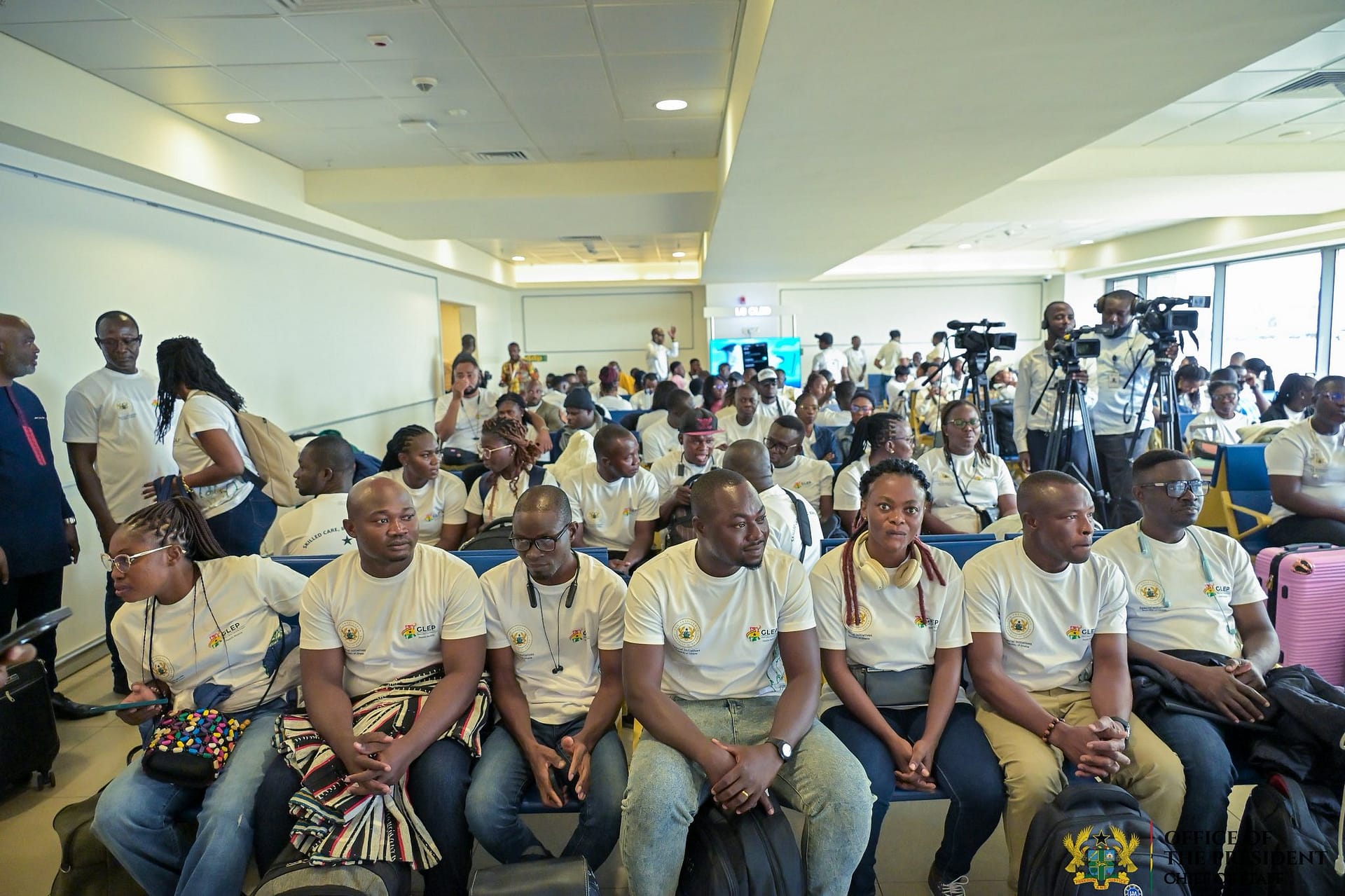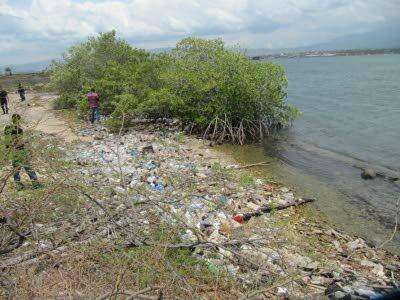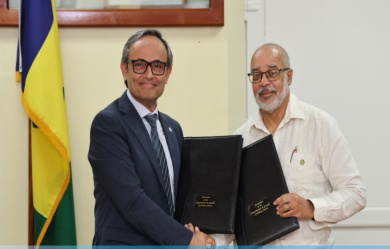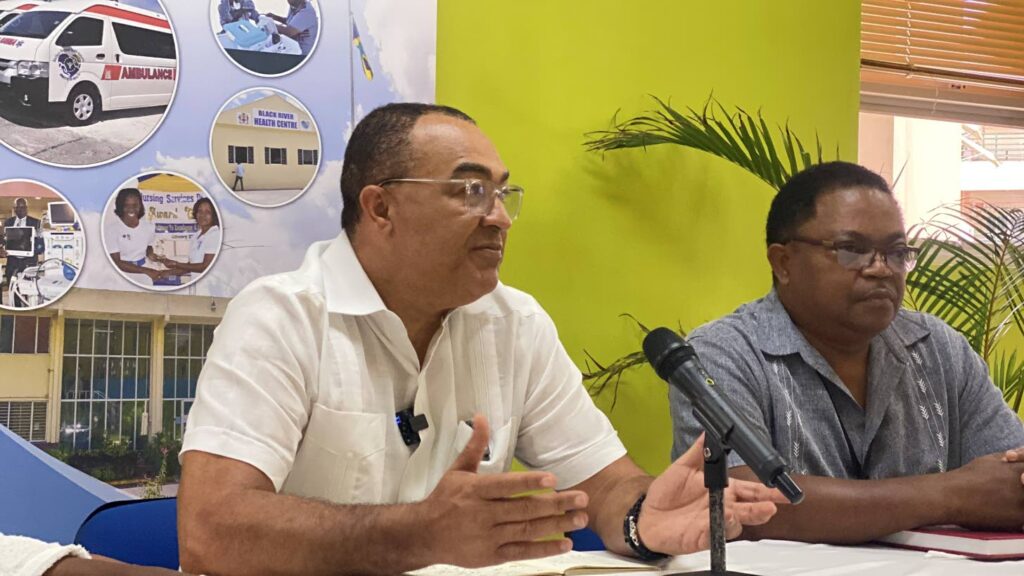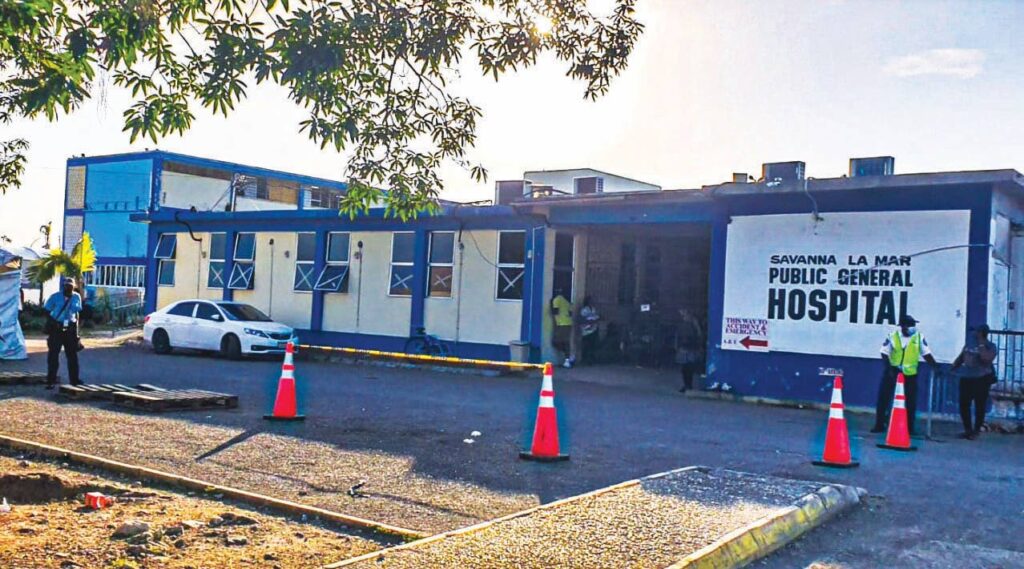In a landmark development for Caribbean healthcare, Antigua and Barbuda has significantly strengthened its medical workforce with the arrival of 119 nursing professionals from Ghana. Health Minister Sir Molwyn Joseph personally welcomed the contingent at V.C. Bird International Airport during a ceremonial reception on Friday evening.
The minister, adorned in traditional African attire, characterized the event as “a truly delightful moment in the history of Antigua and Barbuda,” noting it represents one of the largest single delegations to traverse the Atlantic from Ghana. The arrival ceremony emphasized shared heritage and familial bonds, with Minister Joseph explicitly telling the nurses they had “rejoined your family.”
This strategic recruitment initiative addresses critical staffing shortages that have challenged the nation’s healthcare system. According to official assessments, Antigua and Barbuda requires approximately 400 nurses to operate effectively. Prior to this deployment, the system relied on roughly 260 local nurses supplemented by 33 Cuban healthcare professionals.
The newly arrived nurses will undergo a comprehensive three-week orientation program encompassing cultural integration, clinical alignment protocols, and specialized role training before beginning their assignments. All recruits have committed to three-year service contracts with the nation’s healthcare system.
Government officials cited successful implementations of Ghanaian nursing staff in other Caribbean nations, including Barbados and The Bahamas, as influential in their recruitment decision. The addition of these professionals is projected to elevate staffing levels slightly above minimum operational requirements and significantly improve current nurse-to-patient ratios, which stand at approximately 1:10.
An official welcome ceremony is scheduled for Saturday to further integrate the healthcare professionals into their new community and practice environment.
